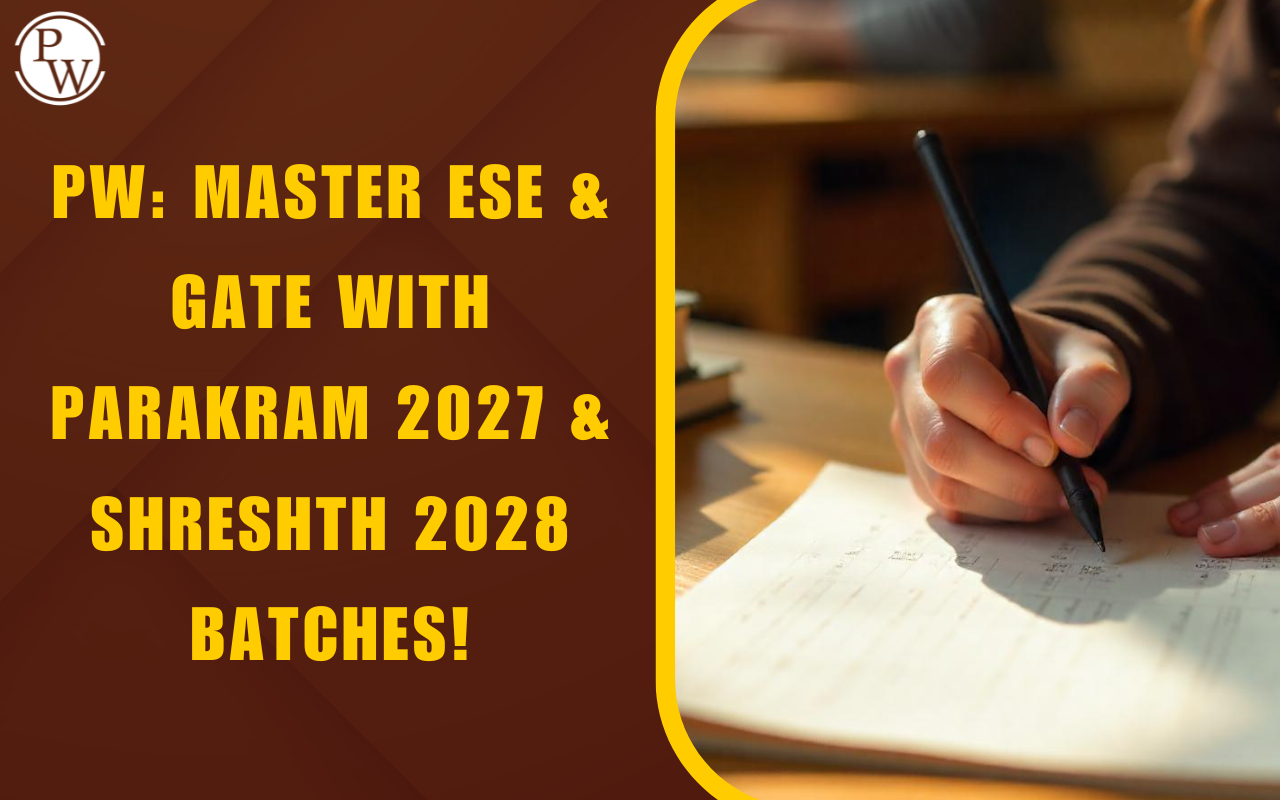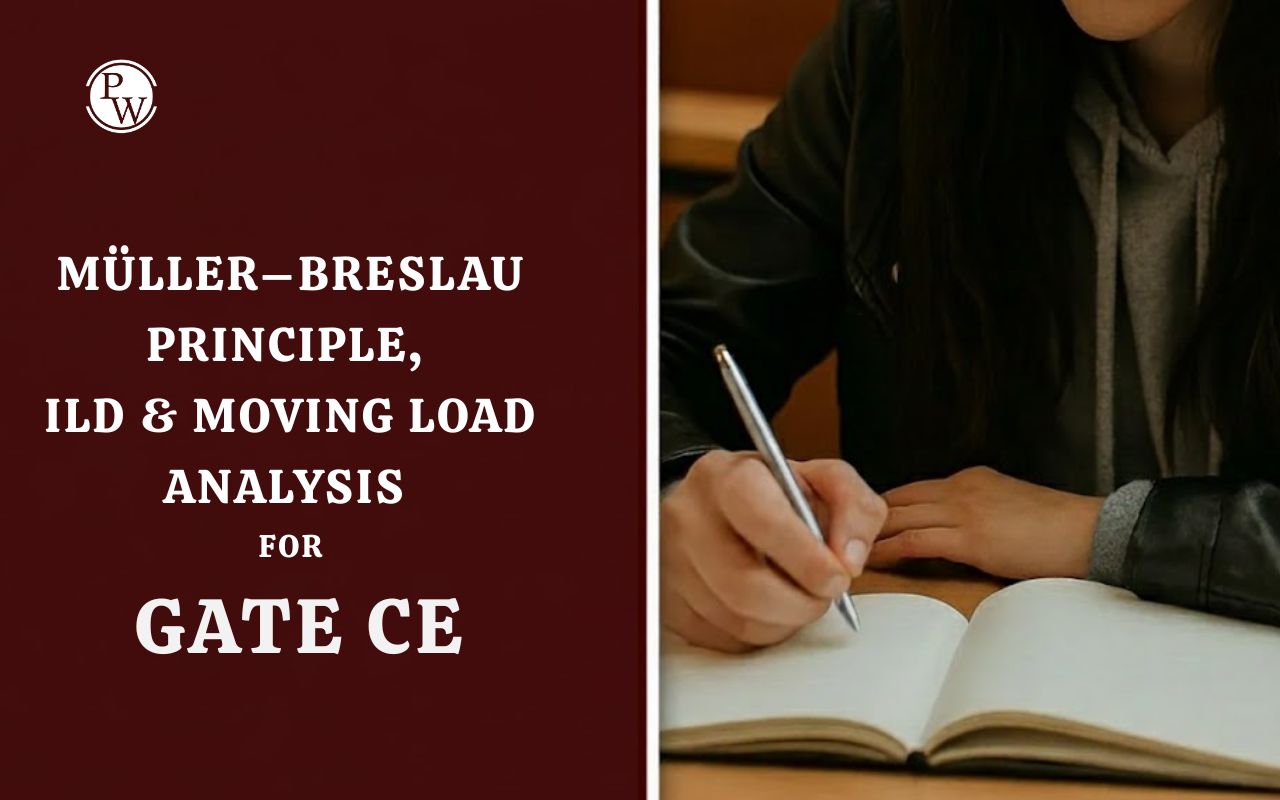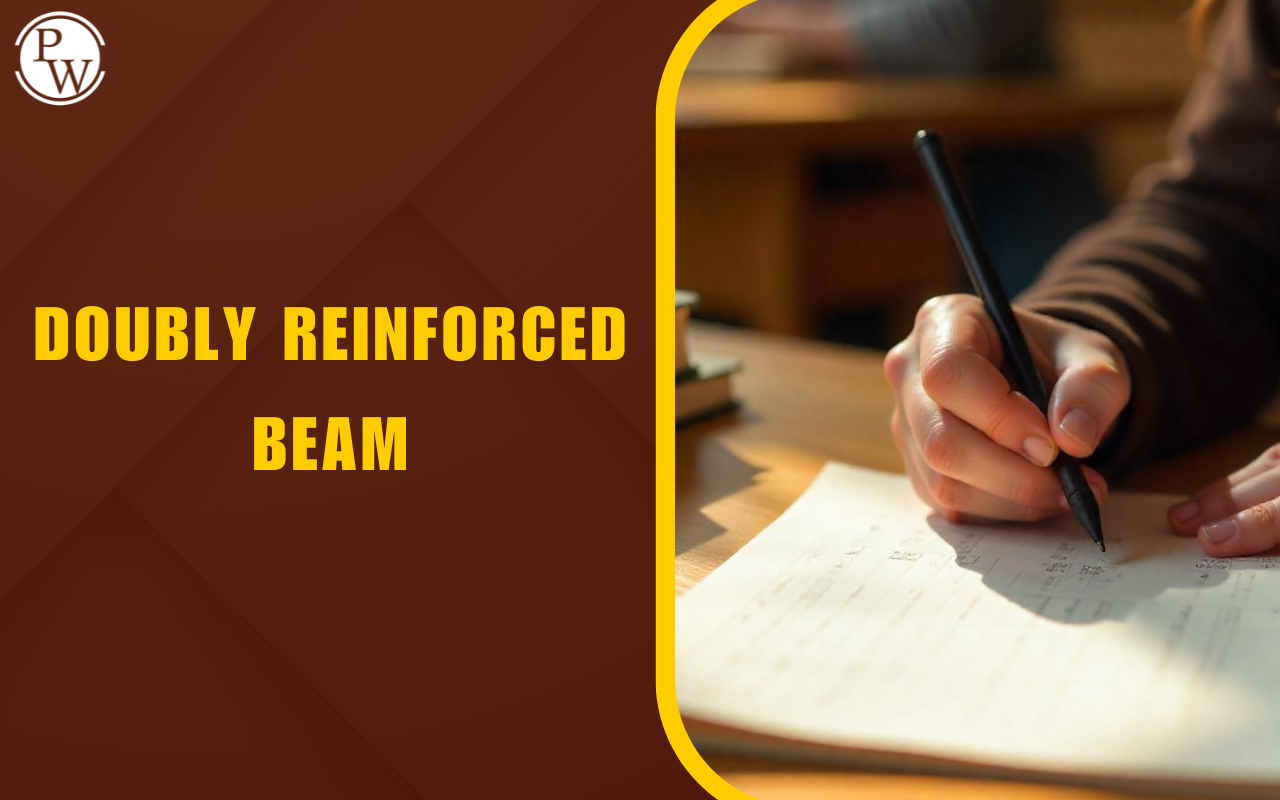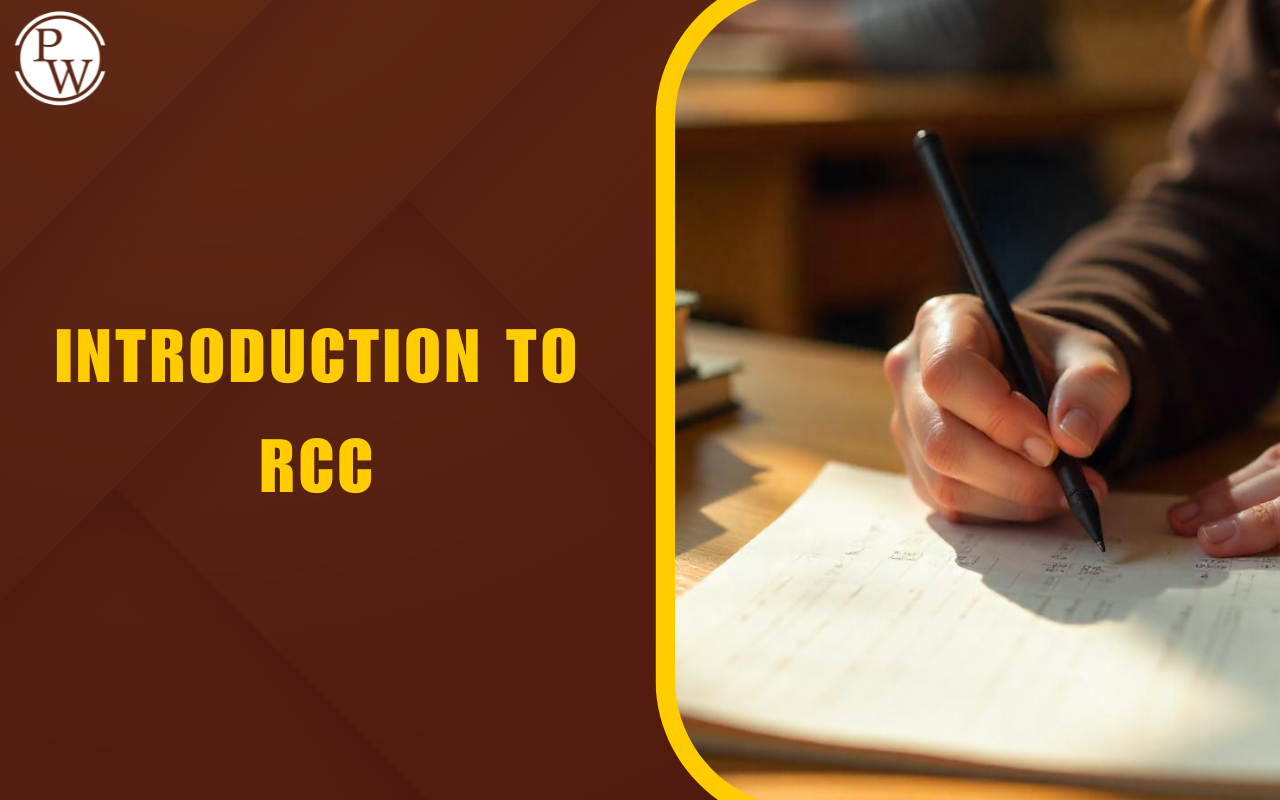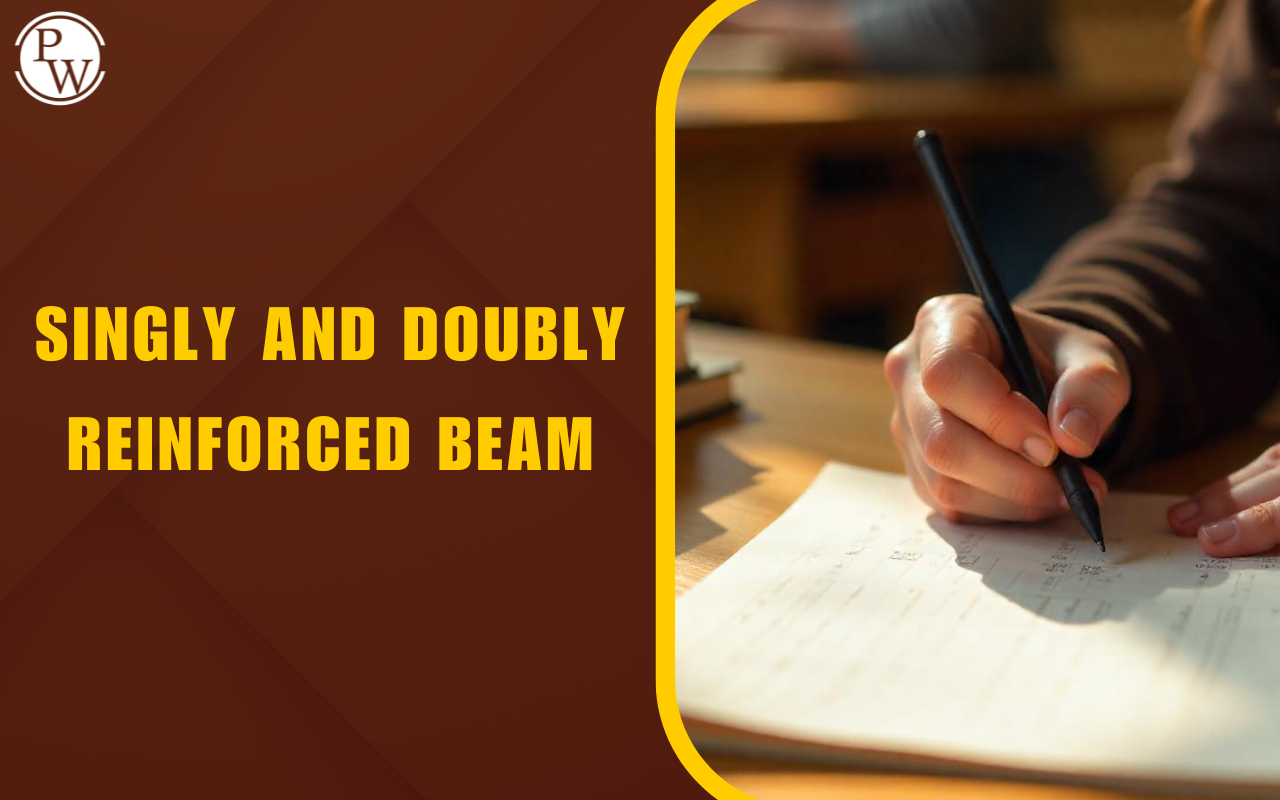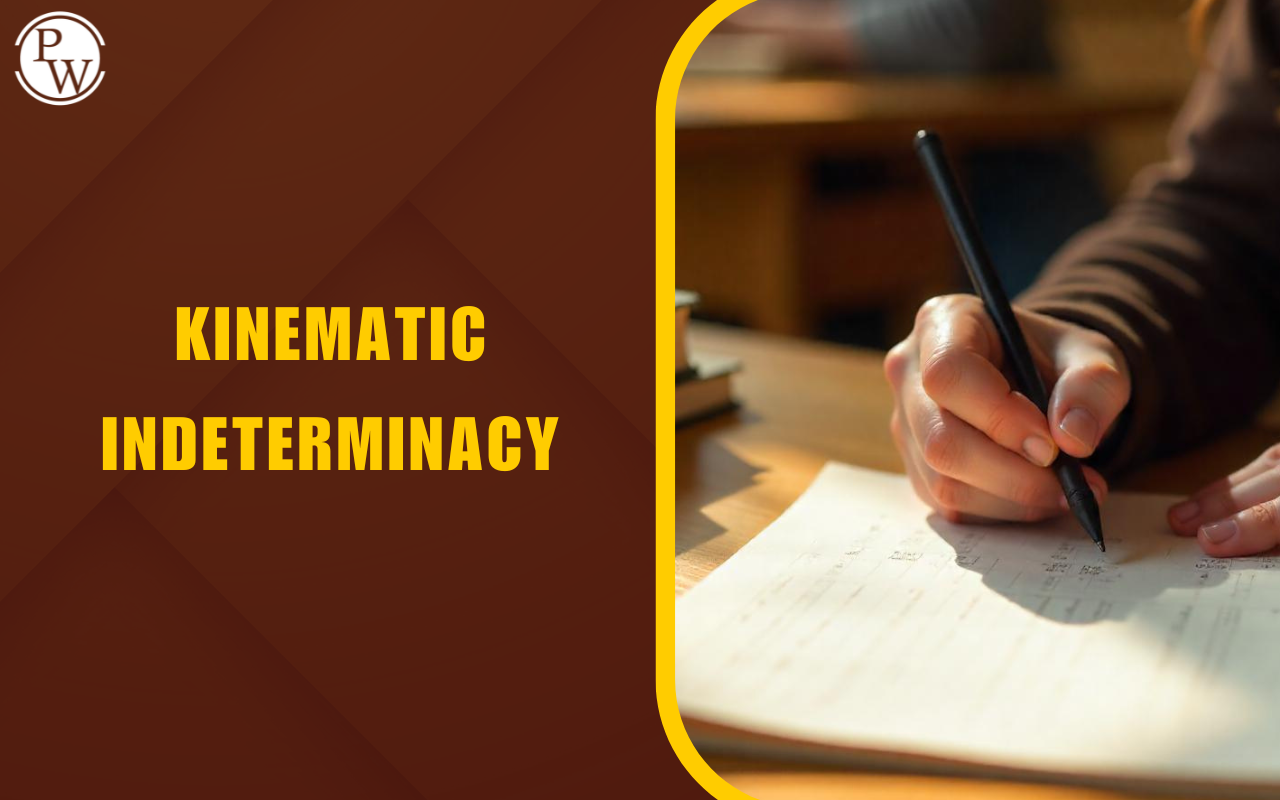
Metallurgical Engineering Subjects - Metallurgy is a discipline of engineering concerned with the detailed study of various metals and their use in our daily lives. Metal is used significantly in practically all the elements of modern life. It consists of numerous studies of exotic materials, both pure and mixed, that have use in various industries.
In this article, we have discussed the subjects of B.Tech and M.Tech Programs along with the subject wise important books in Metallurgical Engineering.What is Metallurgical Engineering?
Metallurgical engineering is one of the most significant fields of engineering since modern applications require materials with great strength and low weight, among other characteristics. Careers in metallurgical engineering contribute to numerous advances in our civilization. Applicants that choose metallurgical engineering learn about the nature, bonding, and many environmental factors of metal. Metallurgical engineers have become experts in the extraction, purification, and reuse of metals. They used to come up with novel ways to use metals in equipment and other industrial applications.| Metallurgical Engineering Highlights | |
| Particulars | Details |
| Branch Name | Metallurgy Engineering |
| Degree | B.E, B.Tech., and M.Tech |
| Duration | B.E and B.Tech - 4 years M.Tech - 2 years |
| Eligibility | Entrance exam |
| Admission Process | Entrance exam and counseling process |
| Entrance Exam | JEE Main JEE Advanced VITEEE BITSAT GATE |
| Top Colleges |
|
| Career Options |
|
| Average Salary | Rs. 4 Lakhs to 14 Lakhs per annum (approximately) |
| Recruiting Areas |
|
| Recruiting Companies |
|
Metallurgical Engineering Subjects - Courses
B.Tech Metallurgical Engineering is a four-year undergraduate degree program that provides in-depth study of the fundamentals of Metallurgical Engineering principles.- The course includes topics such as metal mining, extraction, design, and processing. It entails both theoretical and practical study of the science and technology of working and heat-treating metals to change their physical properties.
- The course covers topics such as metal separation from ores, alloy formation and composition, and so on.
- Candidates with an interest in various parts of metallurgy and material science, as well as numerous scientific fabrication concepts.
- Candidates for this course would be students with a strong background in chemistry and physics as well as critical thinking abilities.
|
List of subjects in B.Tech Program |
|
| Semester I | Semester II |
| Chemistry-I | Chemistry-II |
| Computer Programming | Mathematics-IIN |
| Mathematics-IN | Strength of Materials |
| Engineering Mechanics | Heat Engineering |
| Physics-IA | Physics-IIA |
| Semester III | Semester IV |
| Fluid Flow and Heat Transfer | Numerical Analysis |
| Geology and Minerals Beneficiation | Material Science |
| Electrical Technology | Thermodynamics of Materials |
| Mathematics-IIIN | Testing of Materials |
| Engineering Sciences Course | Fuels and Combustion |
| Semester V | Semester VI |
| Deformation and Fracture Behavior of Materials | Steel Making |
| Physical Metallurgy-I | Foundry Metallurgy |
| Iron Making | Extraction of Non-ferrous Metals |
| Chemical Kinetics and Mass Transfer | Solid state Phase Transformation Processes |
| Electro-Chemistry and Corrosion | Physics of Metals |
| Semester VII | Semester VIII |
| Alloy Steel Making and Ferroalloys | X-ray Diffraction |
| Metal Working Processes | Industrial Management and Engineering Economics |
| Material Engineering | Metal Joining and Powder Metallurgy |
| Elective I | Elective II |
| Theory of Metallurgical Processes | Advanced Characterization |
| Light Metals and Alloys | Coating Technology |
| Composite Materials | Nanostructured Materials |
Metallurgical Engineering Subjects - M.Tech
Applicants who have completed their B.Tech degree can pursue an M.Tech in metallurgical engineering. M.Tech in metallurgy is a two-year postgraduate engineering program. It is divided into four semesters. Candidates will study thoroughly in metallics processing, extraction, and application in everyday life. GATE is the most popular exam for admission to the metallurgy course in M.Tech. In their undergraduate degree, students are taught about 6 to 10 core disciplines subjects related to metallurgy, with the remaining subjects associated with mechanical engineering. Applicants might choose to work or enhance their education by pursuing an M.Tech in metallurgical engineering. The following table summarizes the subjects for the two -year program:- Materials Characterization
- Advanced Mechanical Behaviour Of Materials
- Phase Transformation Of Materials
- Advanced Materials Processing
- Composite Materials
- Fracture Mechanics And Failure Analysis
- Physical Metallurgy Lab
- Advances In Iron And Steel Making
- Design Of Experiments
- Dissertation
- Computational Methods For Materials Science
- Electroceramics
- Advanced Metallurgical Thermodynamics
- Environmental Pollution In Metallurgical Industries
- Nano Structured Materials
- X-ray & Electron Metallography
Metallurgical Engineering Subjects in the GATE Exam
GATE 2024 is being administered by the Indian Institute of Science (IISc, Bangalore). Aspirants preparing for the metallurgical engineering exam should begin by thoroughly understanding the GATE Metallurgical Engineering Syllabus 2024. The GATE Metallurgy Syllabus for 2024 has been carefully designed to evaluate aspirants' knowledge and skills in metallurgical engineering. Thermodynamics, mechanical metallurgy, physical metallurgy, and other topics are covered. The GATE Metallurgical Engineering Syllabus 2024 is structured into eight categories based on the core discipline's fundamentals and concepts. The following sections are included in the GATE syllabus for Metallurgy Engineering:- Engineering Mathematics
- Thermodynamics and Rate Processes
- Extractive Metallurgy.
- Physical Metallurgy
- Mechanical Metallurgy
- Manufacturing Processes
- Materials Science
- Instrumentation and Process Control
GATE 2024 Metallurgy Syllabus for Engineering Mathematics
Engineering Mathematics is an important subject that is covered in the majority of GATE 2024 examinations. Its objective is to assess aspirants' numerical aptitude in relation to their respective subjects. This section is covered thoroughly in the GATE 2024 Metallurgy Syllabus, which is mentioned below.| GATE Metallurgy Syllabus: Engineering Mathematics | |
| Topics | Subtopics |
| Linear Algebra | Matrices and Determinants, Systems of Linear Equations, Eigenvalues, and Eigenvectors |
| Calculus | Limit, Continuity, differentiation, Partial derivatives, Maxima and minima, Sequences and series, Test for convergence, and Fourier series |
| Vector Calculus | Gradient, Divergence, Curl, line, Surface and volume integrals, Stokes, Gauss, and Green’s theorems |
| Differential Equations | Linear and non-linear first-order ODEs, Higher-order linear ODEs with constant coefficients, Cauchy’s and Euler’s equations, Laplace transforms, PDEs –Laplace, one-dimensional heat and wave equations |
| Probability and Statistics | Definitions of probability and sampling theorems, conditional probability, mean, median, mode and standard deviation, Random variables, Poisson, normal and binomial distributions, Analysis of experimental data, and Linear least-squares method |
| Numerical Methods | Solutions of linear and non-linear algebraic equations, Integration by trapezoidal and Simpson’s rules Single and multi-step methods for differential equations |
GATE 2024 Metallurgy Syllabus for Metallurgical Thermodynamics
The Metallurgical Thermodynamics portion of the GATE 2024 syllabus for Metallurgical Engineering covers thermodynamic and electrochemical laws. The table below contains a complete list of subjects.| GATE 2024 Metallurgy Syllabus: Metallurgical Thermodynamics | |
| Topics | Subtopics |
| The laws of thermodynamics |
|
| Electrochemistry | Single electrode potential, Electrochemical cells, Nernst equation, Potential-pH diagrams |
GATE 2024 Metallurgy Syllabus for Transport Phenomena and Rate Processes
The GATE Metallurgy Syllabus 2024 section Transport Phenomena and Rate Processes normally covers major topics like heat transfer, radiation, mass transfer, and momentum transfer, among others, as mentioned below.| GATE 2024 Metallurgy Syllabus for Transport Phenomena and Rate Processes | |
| Topics | Subtopics |
| Momentum transfer | Concept of viscosity, Shell balances, Bernoulli’s equation, Mechanical energy balance equation, Flow past plane surfaces and through pipes |
| Heat transfer | Conduction, Fourier’s Law, 1-D steady-state conduction |
| Convection | Heat transfer coefficient relations for forced convection |
| Radiation | Black body radiation, Stefan-Boltzmann Law, Kirchhoff’s Law |
| Mass transfer | Diffusion, Fick’s laws, Mass transfer coefficients |
| Dimensional analysis | Buckingham Pi theorem, Significance of dimensionless numbers |
| Basic laws of chemical kinetics | First-order reactions, Reaction rate constant, Arrhenius relation, Heterogeneous reactions, Oxidation kinetics |
| Electrochemical kinetics | Polarization |
GATE 2024 Metallurgy Syllabus for Mineral Processing and Extractive Metallurgy
The GATE 2024 Metallurgical Syllabus' Mineral Processing & Extractive Metallurgy syllabus covers a wide range of topics such as ironmaking, oxidation processes, and inclusion control, among others.| GATE 2024 Metallurgy Syllabus for Mineral Processing and Extractive Metallurgy | |
| Topics | Subtopics |
| Comminution Techniques | Size classification, Flotation, Gravity, and other methods of mineral beneficiation |
| Agglomeration | Sintering, pelletizing, and briquetting |
| Material and Energy balances | Principles and processes for the extraction of non-ferrous metals (aluminum, copper, and titanium) |
| Iron and steel making | Material and heat balance in blast furnace |
| Structure and properties of slags and molten salts – basicity of slags; sulfide and phosphate capacity of slags | |
| Production of metallurgical coke and other methods of ironmaking (COREX, MIDRE) | |
| Primary steelmaking | Basic oxygen furnace, process dynamics, oxidation reactions, electric arc furnace |
| Secondary steelmaking | Ladle process- deoxidation, argon stirring, desulfurization, inclusion shape control, principles of degassing methods; basics of stainless steel manufacturing |
| Continuous Casting | Fluid flow in the tundish and mold, heat transfer in the mold, segregation, and inclusion control |
GATE 2024 Metallurgy Syllabus for Physical Metallurgy
The Physical Metallurgy section of the GATE Metallurgical Syllabus 2024 covers a wide range of topics critical to comprehending material behavior at the atomic and microstructural levels. These topics are significant in metallurgy because they provide knowledge regarding material qualities, structure, and transformation.| GATE 2024 Metallurgy Syllabus for Physical Metallurgy | |
| Topics | Subtopics |
| Chemical Bonding | Ionic, covalent, metallic, and secondary bonding in materials; Crystal structure of solids - metals and alloys, ionic and covalent solids, and polymers |
| X-ray Diffraction | Bragg's law, optical metallography, and the principles of SEM imaging |
| Diffusion in solids | Diffusion equation, steady-state and error function solutions, Kirkendall effect, Uphill diffusion, Atomic models for interstitial and substitutional diffusion, Pipe diffusion and grain boundary diffusion |
| Crystal Imperfections | Point, line, and surface defects; Coherent, semi-coherent, and incoherent interfaces |
| Phase transformation | Driving force, Homogeneous and heterogeneous nucleation and growth kinetics |
| Electronic | Electronic, magnetic, and optical properties of materials |
| Solid-state transformations | Precipitation, spinodal decomposition, ordering, massive transformation, discontinuous precipitation, eutectoid transformation, diffusionless transformations, Precipitate coarsening, and Gibbs-Thomson effect |
| Basic forms of corrosion | Basic forms of corrosion and its prevention |
GATE 2024 Metallurgy Syllabus for Mechanical Metallurgy
The Mechanical Metallurgy part of the GATE Metallurgical Engineering syllabus 2024 focuses on the mechanical properties and behavior of materials. It covers a wide range of topics that are required to understand how materials react to external forces and deform or fail.| GATE 2024 Metallurgy Syllabus for Mechanical Metallurgy | |
| Topics | Subtopics |
| Stress-Strain | Strain tensor and stress tensor, Representation by Mohr’s circle, elasticity, stiffness and compliance tensor, Yield criteria, Plastic deformation by slip and twinning |
| Dislocation theory | Edge, screw and mixed dislocations, source and multiplication of dislocations, stress fields around dislocations; Partial dislocations, dislocation interactions |
| Strengthening mechanisms | Work/strain hardening, strengthening due to grain boundaries, solid solution, precipitation and dispersion |
| Fracture behavior | Griffith's theory, linear elastic fracture mechanics, fracture toughness, fractography, ductile to brittle transition |
| Fatigue | Cyclic stress-strain behavior- low and high cycle fatigue, crack growth |
| High-temperature deformation and failure | Mechanisms of high-temperature deformation and failure |
| Creep and stress rupture | Creep and stress rupture, stress exponent and activation energy |
GATE 2024 Metallurgy Syllabus for Manufacturing Process
The Manufacturing Process subject in the GATE Metallurgical Engineering syllabus 2024 focuses on many aspects of material processing and production. It covers a wide range of topics that are essential for comprehending the techniques and concepts involved in the manufacturing of metallic components.| GATE 2024 Metallurgy Syllabus for Manufacturing Process | |
| Topics | Subtopics |
| Metal casting | Mould design involving feeding, gating, risering, casting practices, and casting defects |
| Hot, warm, and cold working of metals | Fundamentals of metal forming processes such as rolling, forging, extrusion, wire drawing, and sheet metal forming; defects in forming processes |
| Metal joining | Principles of soldering, brazing, and welding; welding metallurgy; defects in welded joints in steels and aluminum alloys |
| Powder metallurgy | Production of powders, compaction, and sintering |
| Non-destructive Testing (NDT) | Dye-penetrant, ultrasonic, radiography, eddy current, acoustic emission, and magnetic particle inspection methods |
Metallurgical Engineering Subject Wise Books
Preparing for the GATE Metallurgical Engineering exam necessitates a deep understanding of the subject as well as access to high-quality study materials. To do well on this exam, choose books that cover the GATE Metallurgical Engineering syllabus 2024. In the table below, you can find the best books for the GATE Metallurgical Engineering Syllabus.| Metallurgical Engineering Subject Wise Books | |
| Name of the Book | Author |
| Engineering Materials and Metallurgy | R.K. Rajput |
| Metallurgy of Welding | J.F. Lancaster |
| Physical Metallurgy | Prof. Vijendra Singh |
| Introduction to the Thermodynamics of Materials | David Gaskell |
| Powder Metallurgy Technology | G.S. Upadhyaya |
| Industrial Maintenance and Mechatronics | Shawn A. Ballee |
| Advanced Engineering Mathematics | Erwin Kreyszig |
| RK Jain, SRK Iyengar | |
| HK Dass | |
| Engineering Mathematics solved papers | Made Easy Publications |
| Higher Engineering Mathematics | B.S. Grewal |
| Bandaru Ramana | |
| Engineering and Mathematics General Aptitude | G.K Publications |
| GATE Engineering and Mathematics | Nodia and company |
| Thermodynamics Databook | Richard E Sonntag, Claus Borgnakke |
| Metal Casting Processes, Metallurgy, Techniques and Design | John Campbell |
| Heat and Thermodynamics, 8th Edition | Amit Chattopadhyay |
| Physical Metallurgy | V Raghvan |
| Metallurgical Thermodynamics Kinetics and Numericals | A. B. Lele |
| Introduction to Physical Metallurgy 2 Edition | Tata McGraw Hill |
| Engineering Physical Metallurgy Edition 1 | Y. Lakhtin |
| Mechanical Metallurgy 3rd Edition | George E. Deiter |
| An Introduction to Modern Iron Making | R H Tupkary |
| Manufacturing Process 1 | Sandy Khippal |
| Extraction of Non-Fressous Metal, 01 Edition | Ray |
Metallurgical Engineering Subjects FAQs
What are the subjects covered in a metallurgical engineering course?
Candidates must study the metallurgical engineering topics of engineering mathematics, thermodynamics and rate processes, extractive metallurgy, physical metallurgy, mechanical metallurgy, and manufacturing processes.
What are the main subjects covered in the Mechanical Metallurgy part of the GATE 2024 Metallurgy syllabus?
Topics from the Mechanical Metallurgy section of the GATE 2024 Metallurgy syllabus, such as Fatigue, Strengthening Mechanisms, and Dislocation Theory, necessitate more focus from applicants.
What are the different branches of metallurgical engineering courses?
The three branches of metallurgical engineering are as follows:
-Physical metallurgy is concerned with the process of problem solving in metallurgy, such as the development of metallic alloys required for various forms of manufacturing and building, among other things.
-Extractive metallurgy is the study of how metal is extracted from ore.
-Mineral processing is the extraction of mineral products from the earth's crust.
What is a metallurgical engineering course?
It includes the study of exotic materials, both pure and mixed, that have been used in a variety of industries.
🔥 Trending Blogs
Talk to a counsellorHave doubts? Our support team will be happy to assist you!

Check out these Related Articles
Free Learning Resources
PW Books
Notes (Class 10-12)
PW Study Materials
Notes (Class 6-9)
Ncert Solutions
Govt Exams
Class 6th to 12th Online Courses
Govt Job Exams Courses
UPSC Coaching
Defence Exam Coaching
Gate Exam Coaching
Other Exams
Know about Physics Wallah
Physics Wallah is an Indian edtech platform that provides accessible & comprehensive learning experiences to students from Class 6th to postgraduate level. We also provide extensive NCERT solutions, sample paper, NEET, JEE Mains, BITSAT previous year papers & more such resources to students. Physics Wallah also caters to over 3.5 million registered students and over 78 lakh+ Youtube subscribers with 4.8 rating on its app.
We Stand Out because
We provide students with intensive courses with India’s qualified & experienced faculties & mentors. PW strives to make the learning experience comprehensive and accessible for students of all sections of society. We believe in empowering every single student who couldn't dream of a good career in engineering and medical field earlier.
Our Key Focus Areas
Physics Wallah's main focus is to make the learning experience as economical as possible for all students. With our affordable courses like Lakshya, Udaan and Arjuna and many others, we have been able to provide a platform for lakhs of aspirants. From providing Chemistry, Maths, Physics formula to giving e-books of eminent authors like RD Sharma, RS Aggarwal and Lakhmir Singh, PW focuses on every single student's need for preparation.
What Makes Us Different
Physics Wallah strives to develop a comprehensive pedagogical structure for students, where they get a state-of-the-art learning experience with study material and resources. Apart from catering students preparing for JEE Mains and NEET, PW also provides study material for each state board like Uttar Pradesh, Bihar, and others
Copyright © 2025 Physicswallah Limited All rights reserved.
